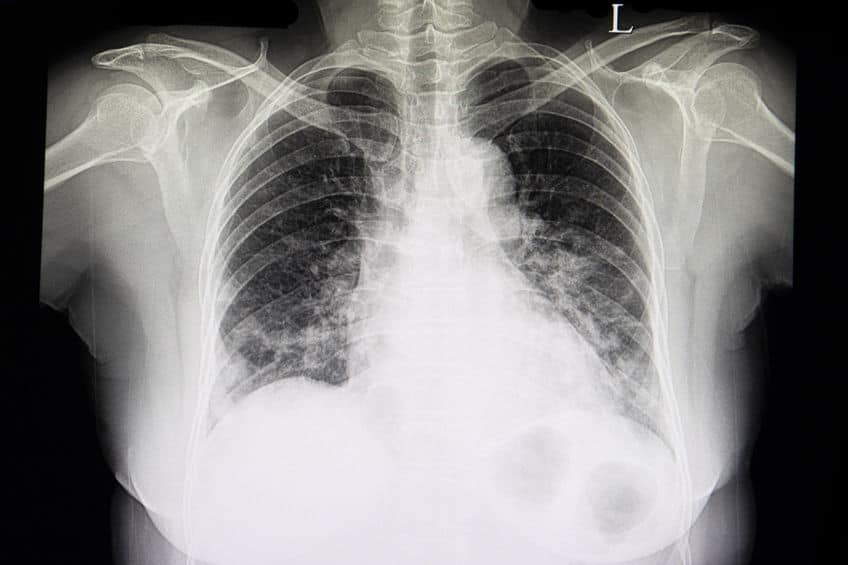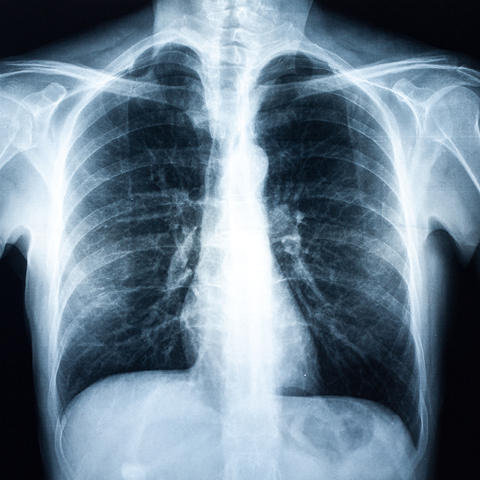

Children 4 years or older: discuss with your child’s doctor if over-the-counter cough and cold medicines are safe to give to your child.Īsk your doctor or pharmacist about the right dosage of over-the-counter medicines for your child’s age and size. Cough and cold medicines can result in serious and sometimes life-threatening side effects in young children. Children younger than 4 years old: do not use over-the-counter cough and cold medicines in young children unless a doctor specifically tells you to. Reye’s syndrome is a very serious, but rare illness that can harm the liver and brain. Never give aspirin to children because it can cause Reye’s syndrome. Children 6 months or older: it is OK to give acetaminophen or ibuprofen. Children younger than 6 months: only give acetaminophen. Some over-the-counter medicines are not recommended for children of certain ages. Remember, over-the-counter medicines may provide temporary relief of symptoms, but they will not cure your illness.Ĭarefully read and follow instructions on over-the-counter medicine product labels before giving medicines to children. Always use over-the-counter medicines as directed. Use honey to relieve cough for adults and children at least 1 year of age or older.Īsk your doctor or pharmacist about over-the-counter medicines that can help you feel better. 
Do not give lozenges to children younger than 4 years of age.
Breathe in steam from a bowl of hot water or shower. For young children, use a rubber suction bulb to clear mucus. Use saline nasal spray or drops to relieve a stuffy nose. Use a clean humidifier or cool mist vaporizer. #Xray bronchitis how to#
How to Feel Betterīelow are some ways you can feel better while your body fights off acute bronchitis: If you have whooping cough or pneumonia, your doctor will most likely prescribe antibiotics. Other illnesses like whooping cough (pertussis) or pneumonia can have similar symptoms to acute bronchitis. diff causes diarrhea that can lead to severe colon damage and death. Pneumonia should be suspected in patients. These problems can include severe allergic reactions, antibiotic-resistant infections and C. Acute bronchitis is a clinical diagnosis characterized by cough due to acute inflammation of the trachea and large airways without evidence of pneumonia. Discomfort in the center of the chest due to cough. Shortness of breath, usually following a coughing jag. Runny, stuffy nose occurring before chest congestion begins. Side effects can range from mild reactions, like a rash, to more serious health problems. The most common symptoms of bronchitis include: Coughing with clear, yellow or green sputum (the gunk you cough up) Fatigue. When antibiotics aren’t needed, they won’t help you, and their side effects could still cause harm. Antibiotics won’t help you get better if you have acute bronchitis. What antibiotics treat and won’t treat image iconĪcute bronchitis usually gets better on its own-without antibiotics.






 0 kommentar(er)
0 kommentar(er)
